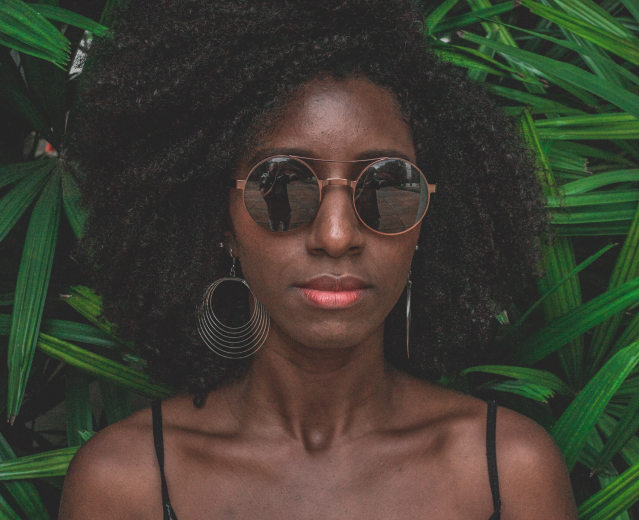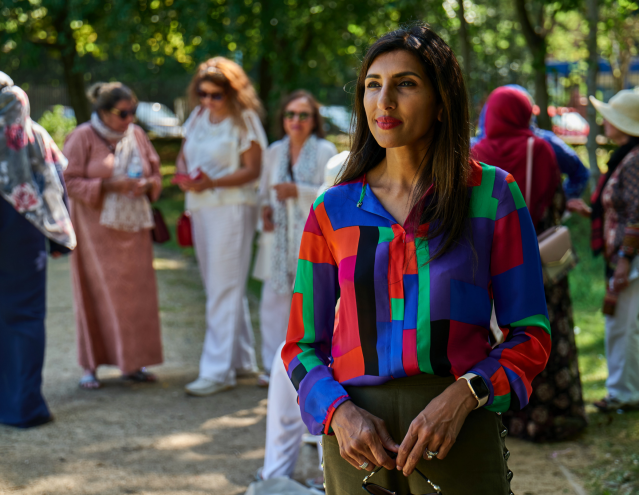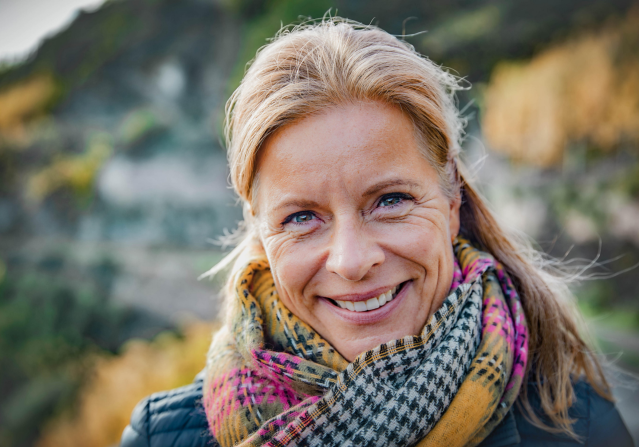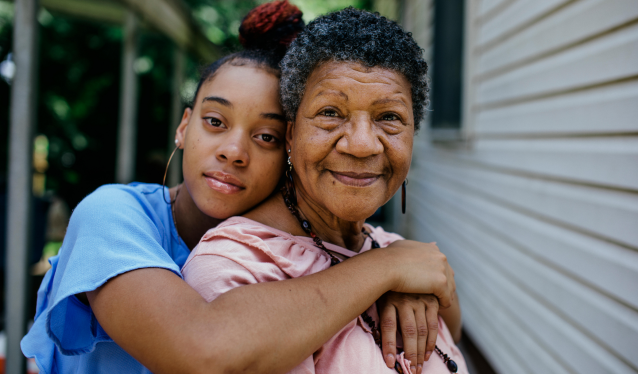Optional Caption

Natural menopause is a gradual process that starts several years before the monthly cycle stops, and that’s not brought on by medical treatment.1, 2
The first stage is perimenopause, which can last between four to eight years,2, 4, and can feel like menopause. During perimenopause, you’re still getting your period, even if irregular, and can still fall pregnant.4
The second stage is menopause, where a person stops having their period for a full year.1, 2, 3 Once you reach this stage, you’ll enter the third and wonderful stage, often called postmenopause, which is when symptoms such as hot flashes start to ease.2
While the average age of menopause is 51 years, this change can happen anytime between 35 to 55 years.3 When menopause happens before 40 years, it’s called premature menopause. Early menopause is common amongst smokers or women who are underweight. Women who are overweight tend to have later menopause.3
Generally, women are most likely to have menopause at the same age as their mothers.3
In addition, early menopause can also happen because of surgery, such as a hysterectomy, or damage to the ovaries, as a result of chemotherapy, genetics, or autoimmune disorders.2
When the body goes through 12 consecutive months without a period, menopause ends.1, 2, 3 After this time, the body is in postmenopause.1, 2
As mentioned above, menopause is a natural part of aging.1 The menstrual cycle starts at puberty, and as the body matures, the reproductive cycle slows down as it prepares to stop.1 The ovaries start to produce less estrogen, the menstrual cycle changes and eventually stops.1
When a person no longer has menstrual periods, they are in menopause. Doctors diagnose this stage when the body has gone through a full year without a menstrual period.3

While the average age of menopause is 51, natural menopause is considered when it happens between 45 and 55 years.3
Early menopause, which happens before 45, can be a result of medical intervention, such as removing the ovaries or damage to the ovaries because of chemotherapy or radiation.1, 3 Late menopause can happen at 62 years.5
When menopause happens at 40 or even younger, it’s called premature menopause.3 When this happens naturally, it’s called primary ovarian insufficiency.3
Many of the symptoms associated with menopause are like what you may experience during perimenopause. Common symptoms include hot flashes, night sweats, vaginal dryness, urinary urgency, trouble sleeping, mood swings and mild depression, and dry skin, eyes, or mouth.1, 3
Some women can also experience a racing heart, headaches, joint and muscle aches and pain, changes in libido, weight gain, hair loss or thinning, and difficulty concentrating.1


Menopause changes to the body can also bring about changes to mind and emotions such as,1
Menopause is natural, and some women don’t need any medical support. However, some doctors may prescribe treatment that will work for you. These can include hormone therapy and non-hormonal treatments.3